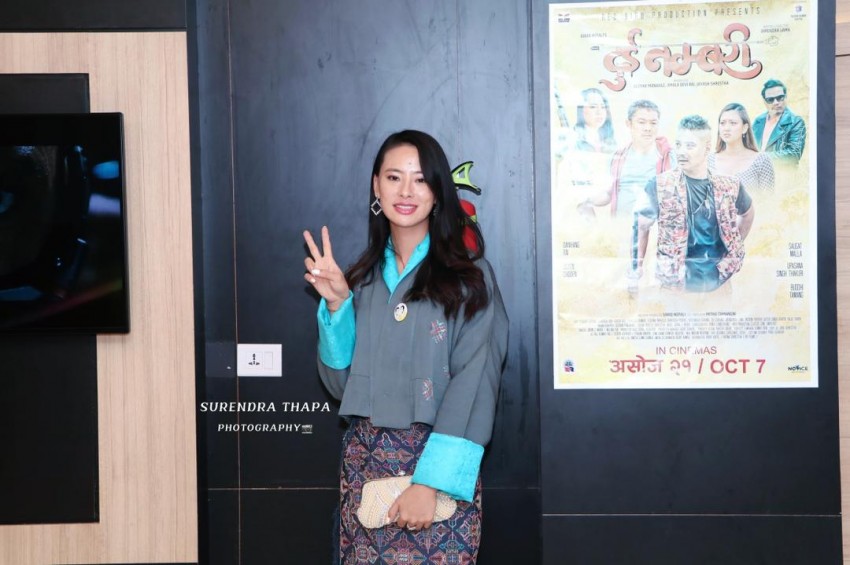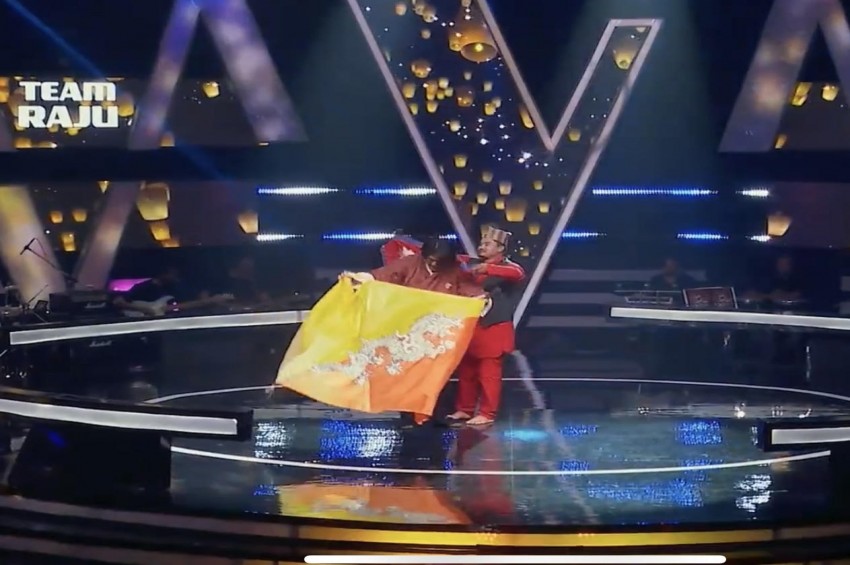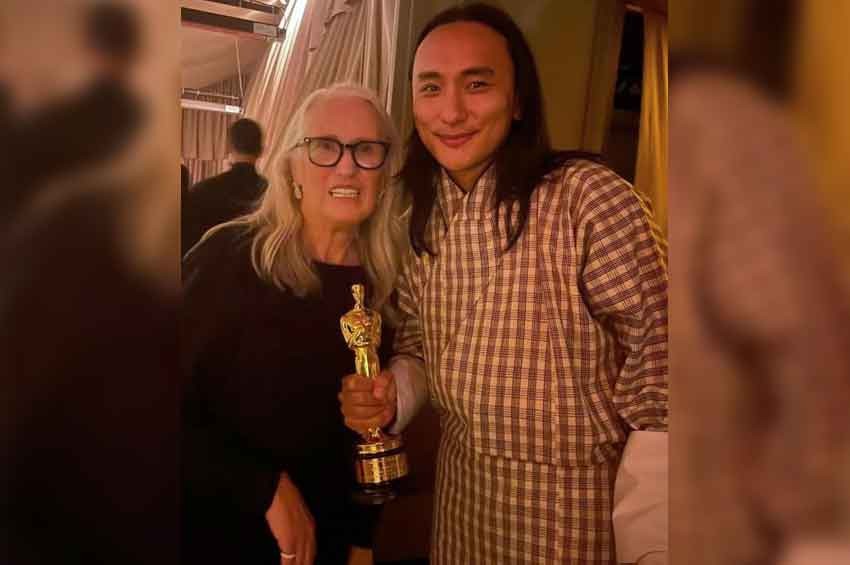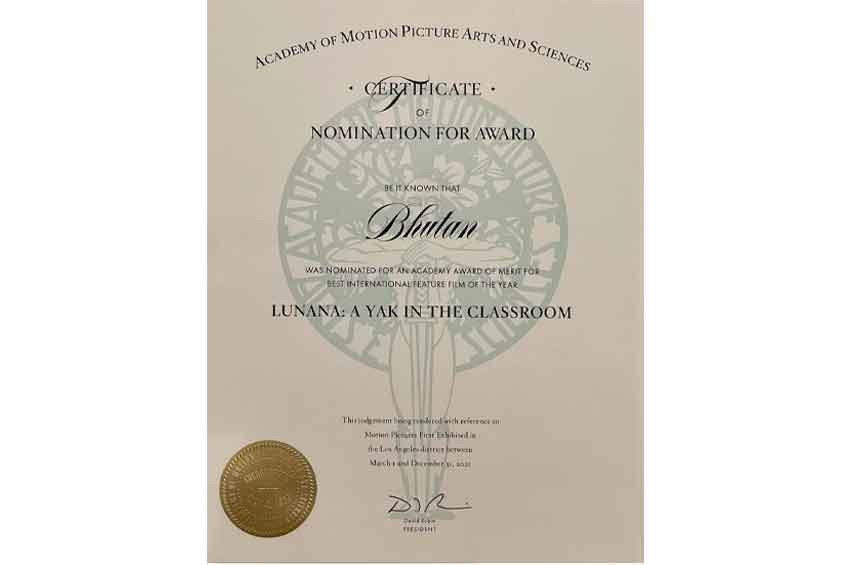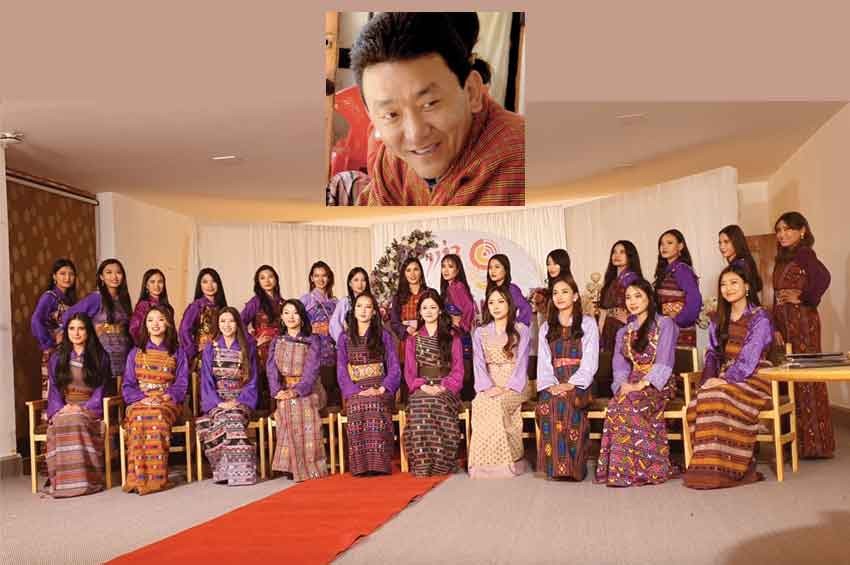Puran Gurung, Thimphu Several Drayang owners are still unhappy with the government’s decision to abolish the erstwhile ‘request system’. They say that request by customers for Drayang singers and dancers to perform a selective song or a dance item is what keeps Drayangs afloat. It is also what drives professionalism, keeps customers engaged and livens up Drayang atmosphere. The government has however made it amply clear that the modus operandi of Drayngs must change and that the request system in particular must be abolished. A solution or an alternative, according to the President of Drayang Association, Kelzang Phuntsho, is to resort to what he calls a ‘menu system’. This means the customers and Drayang workers will have no direct contact with the menu card being used instead to make song or dance requests. Customers only have to tick on a certain song or dance item in the menu as a way of request. “We recommended (to the government) menu system while banning request system, as a business tool to improve drayang business,” he said. “Our artists are not happy but certainly we must come to an agreement now or later and the answer to request system bottleneck is menu system.” Kelzang Phuntsho said most of the Drayang establishments are at the basement of buildings and therefore possibly can’t have two doors in it. They had also explored the idea to shift the location but it is really hard to find a location that fits the requirement of a drayang. “It will take another five to six months to popularise our location,” he said. The central idea of the government is to make the entertainment arena a dignified and safe corner and not to regard it as an exploitative commercial space allowing not just families but also tourists to experience Bhutan’s authentic cultural entertainment activities. The cancellation of the request system was suggested by Prime Minister Dr Dasho Lotay Tshering as part of a bid to re-open the entertainment hubs across the country. Setting it as the main criterion to reopen Drayang businesses, the Prime Minister asked the Drayang businesses to change the request system involving women artists who make contact with customers, and a salary system for the employees was suggested instead. A study by the National Commission for Women and Children also went against the request system. According to the study, it was one of the primary causes of exploitation and harassment of women in the workplace. Another provision to professionalise the industry besides bringing the request system to end is to only stage cultural programmes in the drayangs. These provisions, as a way to professionalise the industry, come amidst claims these businesses are operating close to a setting of a red-light area, projecting itself informally and also employing under-aged employees. Along other reforms to professionalise the drayang business, the government also requires the drayangs to make the space sound proof, design a gap of two-meter between the stage area and audience arena to refrain contact between the artists and customers, build separate entry and exit doors, separate toilets for male and female with respective changing rooms, and install closed circuit television (CCTV). With these suggestions of reform, the government also announced various support measures to Drayangs along with soft loans. The loans will help drayang owners redesign infrastructures and also support the drayang owners to venture into a different trade. However, countering claims that the government is trying to ban Drayangs in the country, the Prime Minister stated: “We are only implementing the rules and regulations that were prescribed during the approval of drayang licenses and not adding anything to the prescribed rules and regulations surrounding the drayangs.” The Prime Minister also said that the government wants to present drayangs as respectable as any business. ‘A family member must be comfortable saying they are in a drayang’. Meanwhile, Drayangs are yet to receive clear directives to open business. Many owners agree that if the illegality of request systems had been emphasized during the license issuance stage as it is now, they would have started other businesses. A sizable number of owners say they may take the government up on their offer of surrendering their licenses if unwilling to continue without the request system. Drayangs in the country have been closed since the onset of Covid-19 pandemic in early 2020.
Copyright © 2024 The Journalist. All Rights Reserved.


